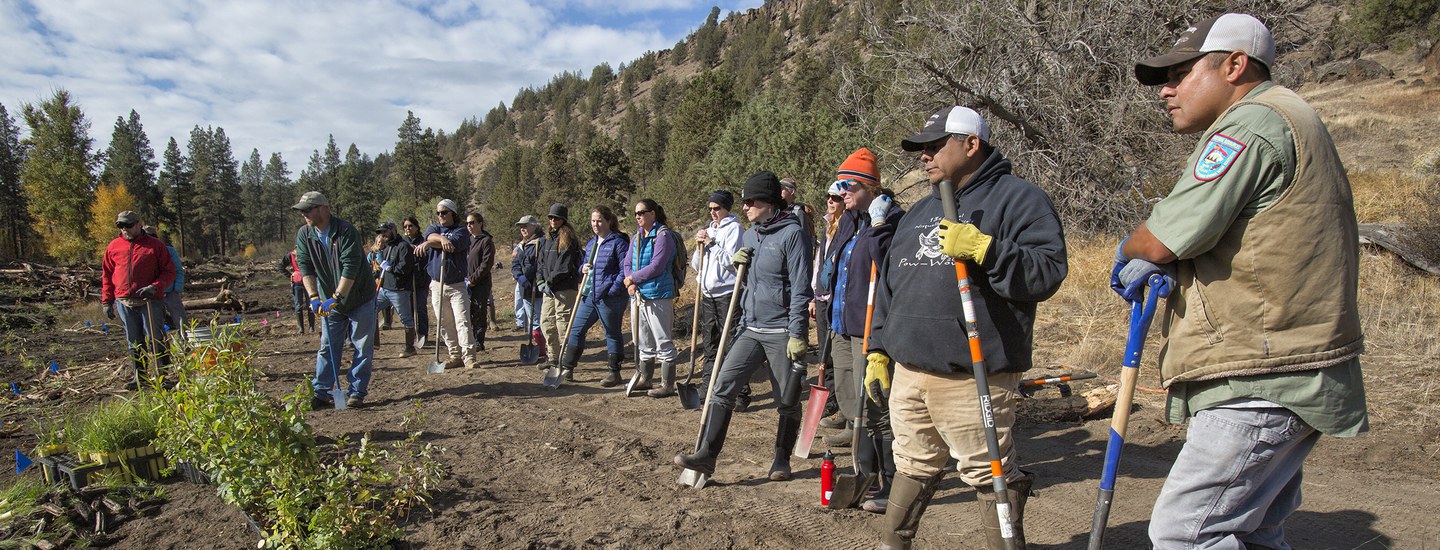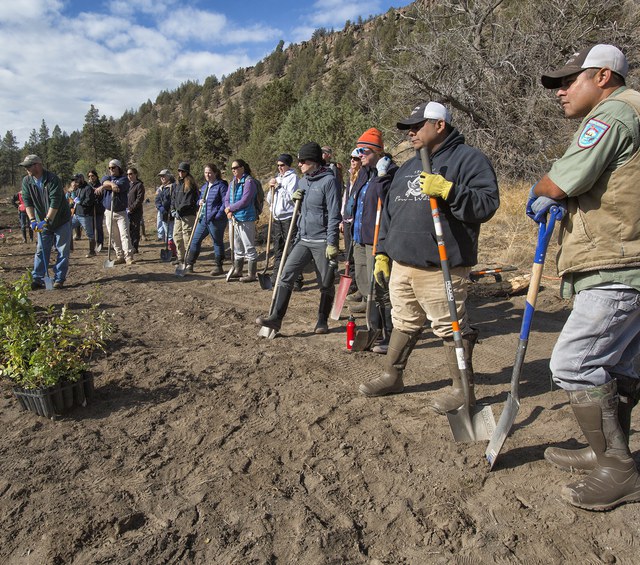Central Oregon has some incredible towns, whether it's the breweries, restaurants, bike paths, or people living there. While we often focus on how climate change is affecting the natural areas around us, it's also impacting our communities. Learn more about what we can expect from climate change in the communities we love.
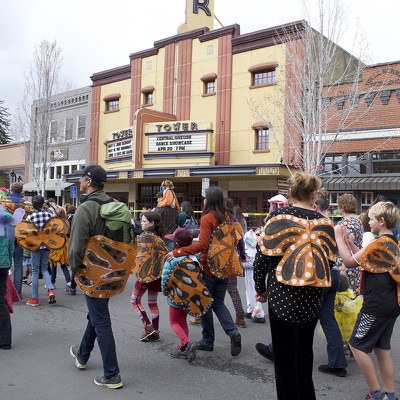
Since Central Oregon will not be impacted by climate change in the same way that coastal towns and much hotter places will be impacted, we can expect to see population growth, resulting in further development and resource strain. This will both threaten wildlife habitat and destroy natural areas that currently store carbon. Find out what the Land Trust is doing to help store carbon.
In addition, as homes, businesses, and infrastructure replace vegetation, our Central Oregon towns will trap more heat, which will exacerbate public health issues.
Learn what you can do to help reduce climate change's impacts.
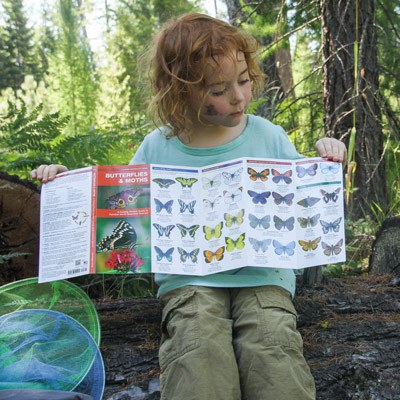
As drier, hotter conditions lead to larger and more long-lasting wildfires, increased smoke exposure will become a more pressing health concern for communities in Central Oregon. The extremely fine particles in smoke—even smaller than dust and pollen—work their way deep into the cardiovascular and respiratory systems, which can lead to heart disease, lung disease, asthma, diabetes, and other chronic issues.
Increased average temperatures will also lead to a greater incidence of heat-related illnesses, including heat stroke, heat rash, and heat exhaustion. These heat-related illnesses will especially threaten young children, pregnant women, elderly people, anyone with chronic health conditions, and those without access to air conditioning.
Climate change will impact Central Oregon's water quality, too. Warmer air temperatures will be mirrored by warmer temperatures and lower water levels in our lakes, reservoirs, and streams. This will lead to more frequent toxic algae blooms and outbreaks of diseases that thrive in warm aquatic conditions. Additionally, more extreme rain events may increase the likelihood of runoff carrying pathogens into our local drinking water.
Finally, research has shown that climate change will influence and exacerbate various mental health issues, including post-traumatic stress disorder, anxiety, depression, and suicide.
Learn what you can do to help reduce climate change's impacts.
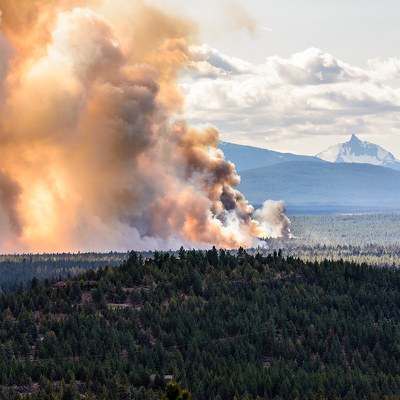
Larger wildfires that spread more quickly are a major safety concern in Central Oregon’s forests and grasslands. They threaten communities throughout Central Oregon forcing evacuations, and, unfortunately, loss of homes.
Climate change will also threaten regional food security as farmers and ranchers face diminished soil productivity, water quality, and livestock health.
Learn what the Land Trust is doing to help reduce the impacts of climate change.
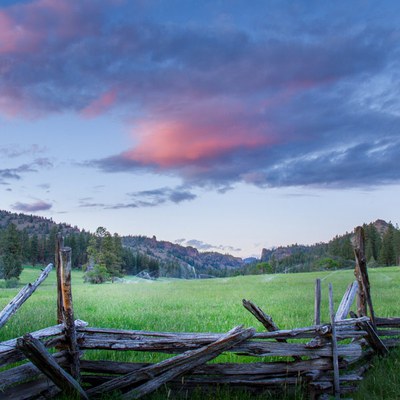
Increased CO2, precipitation, and temperature change will all directly affect agriculture and ranching in Central Oregon. Most research suggests that Central Oregon will experience longer growing seasons, more frost-free days, and increased productivity in crops in the near future. In the long run, however, drought and heat stress, water shortages, and an increase of invasive weeds like cheatgrass will reduce the productivity of Central Oregon's farms and ranches.
By the end of the 21st century, farmers and ranchers should expect crop losses, reductions in rangeland, decreased water supply, increased soil erosion due to drought, wind, heavy precipitation, and fire, and declines in crops' nutritive value. Combatting these climate effects will likely require an increase in the use of pesticides, antibiotics, and genetically modified crops.
Learn what the Land Trust is doing to help reduce the impacts of climate change.
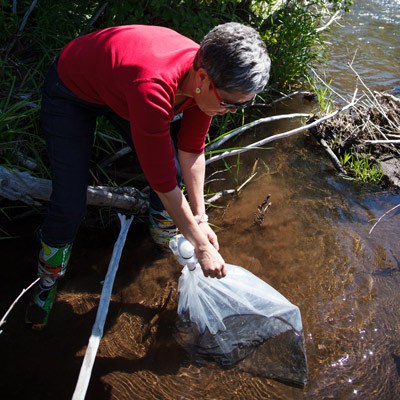
Climate change is a risk multiplier that will disproportionately affect communities already vulnerable to human health and economic impacts. This means climate change serves as an accelerator or intensifier, making existing risks more severe, frequent, or complex than they would be otherwise. While Deschutes County’s social vulnerability is relatively low, the rest of Central Oregon demonstrates a much higher social vulnerability, particularly in Jefferson County and Wasco County.
Particularly vulnerable populations include pregnant women, young children, elderly people, people with chronic medical conditions, people with disabilities, immigrants, people with limited English proficiency, and outdoor or manual laborers (including firefighters, emergency responders, and field workers). Low-income communities and people of color, who are often already relegated to areas with fewer resources and higher levels of environmental degradation, may bear the brunt of climate change’s economic and health impacts.
Indigenous peoples are also uniquely vulnerable to the effects of climate change. In Central Oregon, the Confederated Tribes of Warm Springs and Klamath Tribes will face threats to traditional food and medicine sources, water supplies, and cultural traditions that depend on the availability and timing of certain plant and animal species. These impacts will exacerbate already-high levels of impoverishment and lack of land or relatively low quality agricultural and forest lands held by these Tribes.
For a variety of physical, emotional, and economic reasons, the above groups are both pre-disposed to disproportionately intense climate change impacts and also have a reduced capacity to overcome the risk-multiplying effects that climate change will induce.
Learn what the Land Trust is doing to help reduce the impacts of climate change.
Learn more:
- What is climate change?
- How is climate change impacting the natural places that I love?
- What is the Deschutes Land Trust doing to help reduce climate change's impacts?
- How can I help reduce the impacts of climate change?

